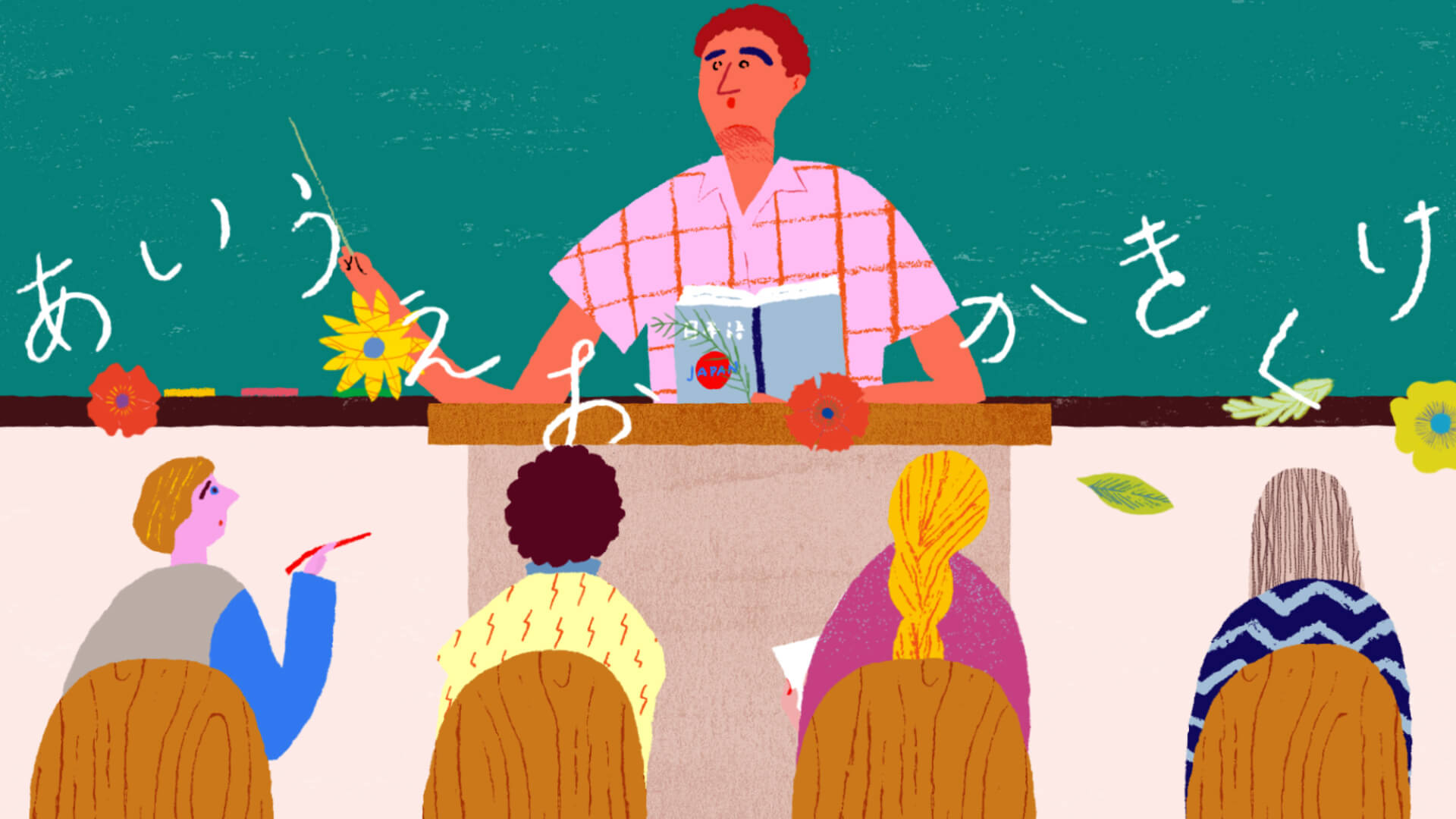Come and enjoy the spectacular World of Japanese Cinema at The Japan Foundation, New Delhi.
Theme of the Month : “Fishing for Fun in this Japanese Comedy Series”
Color / Vista / 1994 / 106 min / ShochikuDirector: Kuriyama Tomio
Staff:
Director : Morisaki Azuma
Script : Yamada Yoji
Sekine Toshio
Based on the comic by: Yamasaki Juzo
Kitami Ken’ichi
Photography : Higashihara Saburo
Art Director : Shigeta Shigemori
Music : Sato Masaru
Producers : Sejima Mitsuo
Nakagawa Shigehiro
Cast:
Hamasaki Densuke : Nishida Toshiyuki
Michiko, his wife : Ishida Eri
Suzuki Ichinosuke : Mikuni Rentaro
Sasaki, Densuke’s boss : Tani Kei
Shino, his daughter : Tomita Yasuko
Yamanouchi Akio : Nishimura Ko
Kengo, his son : Kase Taishu
Maiko, a bar madam : Matsuo Kayo
Tamiya, a bicycle repairman : Tanaka Kunie
Setting: Tokyo, Komoro, and Izumo in the early 1990s
Synopsis:
Hamasaki Densuke, a happy-go-lucky, less-than-average employee of a construction company is
devoted to two true loves: fishing and his family. He is such an expert at the art of fishing that he has, in
secret, become a “teacher” to one very special pupil: Suzuki Ichinosuke, the president of his company, whom
he treats with no particular deference.
One day, Yamanouchi Akio, the owner of a prominent Ginza jewelry store, visits Ichinosuke to ask for
his help. Yamanouchi’s son Kengo has fallen in love with a woman he sees everyday on the train. Having
found out through a detective that she is Sasaki Shino, the daughter of Sasaki Kazuo — a section chief at Suzuki
Construction and Densuke’s immediate boss — Yamanouchi asks Ichinosuke to help bring the two
together. Summoning Sasaki to his office, Ichinosuke tells the nervous section chief of the proposed match.
Elated to have such a prominent young man be introduced by the company president himself, Sasaki blurts
out the secret to Densuke and rushes home to celebrate.
Since Densuke himself cannot keep a secret, soon the entire company knows about the match before
it has been finalized. With their parents serving as chaperones, Kengo and Shino finally meet and seem to
like each other, much to everyone’s delight except for Takeshi, the son of the local liquor store owner who is
secretly in love with her. One day, he follows Shino as she goes to meet Kengo and, barging into their tryst,
earnestly asks Kengo to take good care of her. Touched by this manifestation of his love, Shino decides to
break off the relationship with Kengo in favor of Takeshi.
Disappointed that the match failed, Ichinosuke goes to his favorite bar to chat with the madam Maiko
and informing her that the widower Yamanouchi is interested in marrying her. Saying she already loves
another (the implication is that it is the married Ichinosuke) Maiko refused about
women, Ichinosuke heads over, as he often does, to the more simple and homey atmosphere of Densuke’s
house. Densuke however, is away on a business trip, so his wife Michiko must deal with a drunken
Ichinosuke who soon falls asleep on the couch. She sends him off in the morning, but the sight is caught by
Tamiya, the local bicycle repairman, who suspects an affair. Tamiya relates his suspicions to Densuke, who
then rushes home to confront Michiko with “the facts.” She calmly answers all his questions, but the over-
emotional Densuke cannot listen, so she leaves for her hometown of Izumo.
At work, first Sasaki, believing that he has let down the president, goes to Ichinosuke’s office to tender
his resignation, then Densuke suddenly barges in to hand in his own. Bewildered, Ichinosuke rejects them
both and sends Densuke off to Izumo to bring Michiko back. Densuke rushes off to Izumo to apologize to his
wife, but just as the two are about to have a private moment together, Ichinosuke, as he is wont to do,
suddenly shows up all set for going fishing.
Notes:
Based on the popular comic by Yamasaki Juzo and Kitami Ken’ichi, the “Free & Easy” series was
launched in 1989 with a new edition released every New Year’s in a double bill alongside Shochiku’s
immensely popular Tora-san series. Free & Easy Special Version was the first of the series to be released
alone in mid-summer and the only one to be directed by the master of socially relevant human comedies,
Morisaki Azuma (the others were megaphoned by Kuriyama Tomio). The script co-written by Yamada Yoji,
the director of the Tora-san series, well-represents the Shochiku tradition of mixing comedy and family
melodrama.
 Twitter
Twitter

 '
'